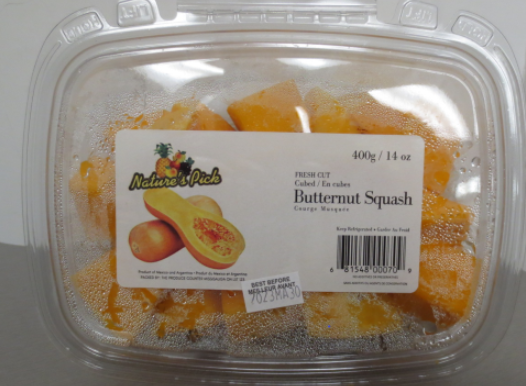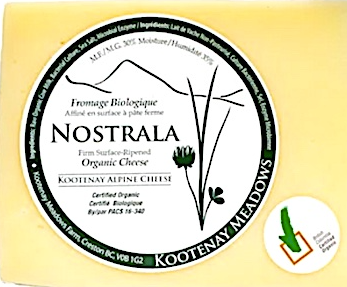The USDA / FSIS released a new document entitled “Guideline to Control Salmonella in swine slaughter and pork processing establishments.” FSIS recommends slaughtering and processing swine in a manner designed to prevent, reduce, or eliminate contamination from occurring at every step of the process. The focus of the process of swine slaughter is to prevent and minimize the risk of Salmonella in their operation and finished products. FSIS also recommends establishments use decontamination and antimicrobial intervention treatments, as necessary, to address any contamination that may result from the slaughter process or that otherwise occurs on carcasses. They also recommend a multi-hurdle approach of interventions and controls to reduce Salmonella. FSIS recommends that regulated establishments focus on pre-harvest controls, effective sanitary dressing, and processing controls to prevent microbiological contamination, including Salmonella. The document also provides information on how to prevent, eliminate, or reduce levels of Salmonella on swine at all stages of slaughter and dressing. @ FSIS-GD-2023-0003: FSIS Guideline to Control Salmonella in Swine Slaughter and Pork Processing Establishments (usda.gov)


